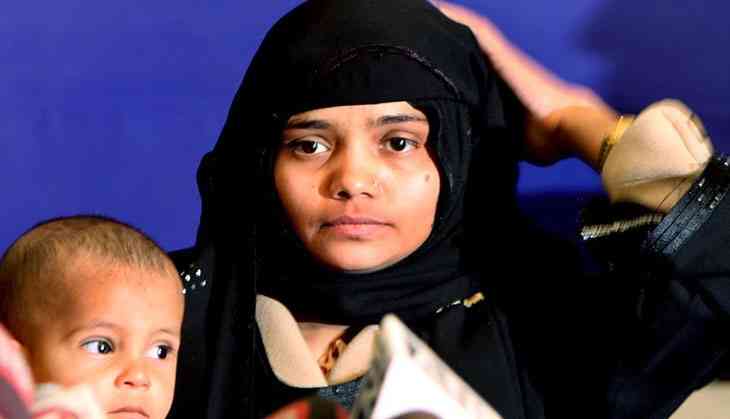Finally, Bilkis Bano's bravery bears fruit even as Bombay HC denies death penalty

Of the many horrific atrocities committed in Gujarat in 2002, the tragedy of Bilkis Bano that occurred in Radhikpur village during the post-Godhra riots was among the most terrifying stories to emerge.
Now on 4 May, 15 years later, in a major relief to the gangrape victim, the Bombay High Court dismissed an appeal filed by 11 convicts in the case of Bilkis Bano gang rape and murder of 14 members of her family in 2002 and upheld their life imprisonment.
The court, however, rejected the Central Bureau of Investigation’s appeal to put three of the 11 men to death. The CBI had told the trial court at Mumbai that there were direct evidences to prove that three of the accused – Jaswant Nai, Govind Nai and Shailesh Bhutt – gangraped Bilkis Banu, her sister and mother.
A massacre
On that fateful day – 3 March, 2002 - 19-year-old Bilkis Bano along with her family were escaping their village at the height of the violence in the state. In all, there were 17 people on a truck. They were caught by an armed mob. Bilkis was gangraped her and 14 members of her family were slaughtered including her three-year-old daughter and her mother.
Elaborating the brutality, CBI had told the court that Shailesh Bhutt snatched her three-year-old daughter and smashed her head on a stone to kill her.
A struggle for justice
Ever since the tragedy, Bilkis Bano has travelled on a long, hard road in her search for justice. The first blow came when the Gujarat Police dismissed her case in March 2003, claiming that there was not enough evidence against the accused.
Bilkis then moved National Human Rights Commission of India and the Supreme Court. The case came to national prominence in 2003 when the Supreme Court ordered a CBI probe in December 2003 after the National Human Rights Commission backed Bilkis’ petition.
The CBI then began to collect evidence against those named by Bilkis and even exhumed the bodies of her murdered family members before arresting all 11 of the accused in January 2004.
The CBI also challenged the acquittal of three police officers from Gujarat. The Agency had charge sheeted the police officials for allegedly fudged the documents and tampering the inquest panchnama.
Anticipating intimidating and influencing of witnesses, the Supreme Court transferred the trial to Maharashtra from Gujarat. In January 2008, the trial court convicted the 11 persons of criminal conspiracy, rape and murder and sentenced them to life imprisonment.
That judgment was challenged at Bombay High Court in January 2008.
Then, in July 2011, the CBI moved Bombay High Court seeking death penalty for three of the convicts. The hearing at Bombay High Court began in July 2016 and in September 2016, the High Court rejected the appeal by the accused for re-examination of the witnesses.
Bilkis Bano filed an intervention application at Bombay High Court, which was rejected since the case was filed under Criminal Procedure Code (CrPC).
Despite the rejection of the death penalty by the High Court, the ruling is still a big win for a victim who dared to speak out in a country where most are forced to remain silent when intimidated by the perpetrators of the crime.
First published: 4 May 2017, 16:35 IST
